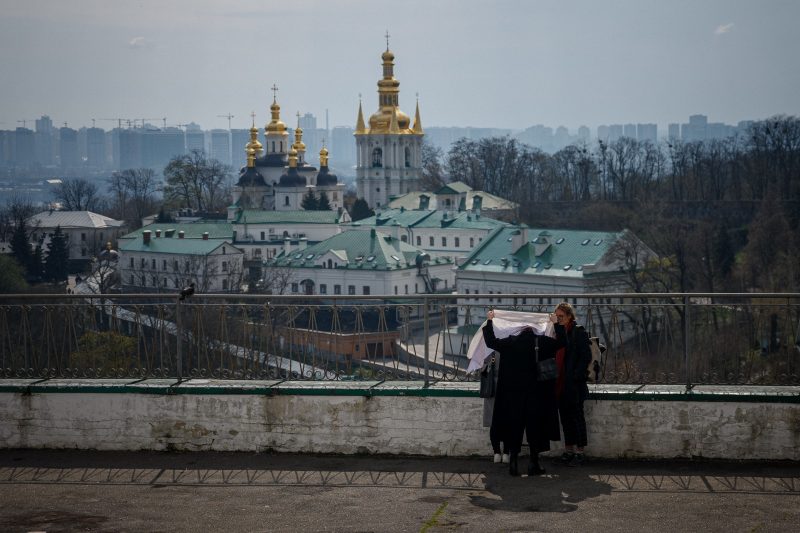In recent years, the Orthodox Church in Ukraine has become a focal point of contention between various factions within the church and in the broader political landscape. The struggle for control over the future direction of the church has not only sparked intense debates within the Orthodox community but has also drawn the attention of lobbyists in Washington D.C., who are advocating for different outcomes in the conflict.
One of the key issues at the center of the battle for the future of the Orthodox Church in Ukraine is the question of autocephaly, or ecclesiastical independence. The push for autocephaly in Ukraine has been met with resistance from the Russian Orthodox Church, which views Ukraine as part of its canonical territory and fears that an independent Ukrainian Orthodox Church could weaken its influence in the region. Lobbyists representing various interests in Washington D.C. have taken up the cause on both sides of the debate, seeking to sway policymakers and public opinion in favor of their preferred outcome.
Proponents of Ukrainian autocephaly argue that it is essential for the church to be free from outside influence and interference, particularly from the Russian Orthodox Church, which has historically exerted significant control over the Ukrainian church. They argue that an independent Ukrainian Orthodox Church would allow for greater freedom and self-governance, enabling the church to better serve the needs and interests of its members in Ukraine.
On the other side of the debate, opponents of Ukrainian autocephaly warn that the push for independence could further divide an already fractured Orthodox community and lead to increased tensions and conflict. They argue that the establishment of an independent Ukrainian Orthodox Church could exacerbate existing divisions and undermine efforts to promote unity and cooperation within the church.
The battle over the future of the Orthodox Church in Ukraine highlights the complex interplay between religious, political, and geopolitical interests in the region. Lobbyists in Washington D.C. are working tirelessly to advance their respective agendas and shape the outcome of the conflict, using a variety of tactics to influence decision-makers and sway public opinion.
As the debate continues to unfold, it remains to be seen how the future of the Orthodox Church in Ukraine will ultimately be decided. The outcome of this conflict will have far-reaching implications for the church, its followers, and the broader geopolitical landscape in Eastern Europe. It is a pivotal moment in the history of the Orthodox Church, one that will shape the future of the church for years to come.






















